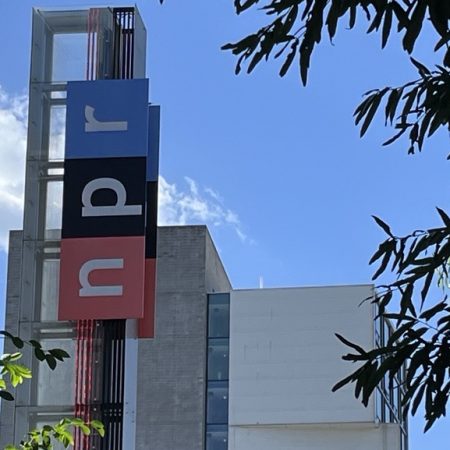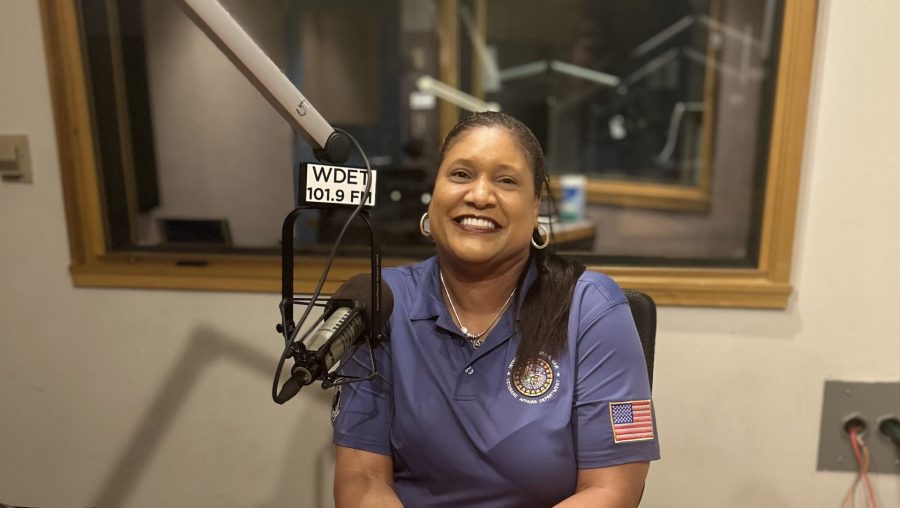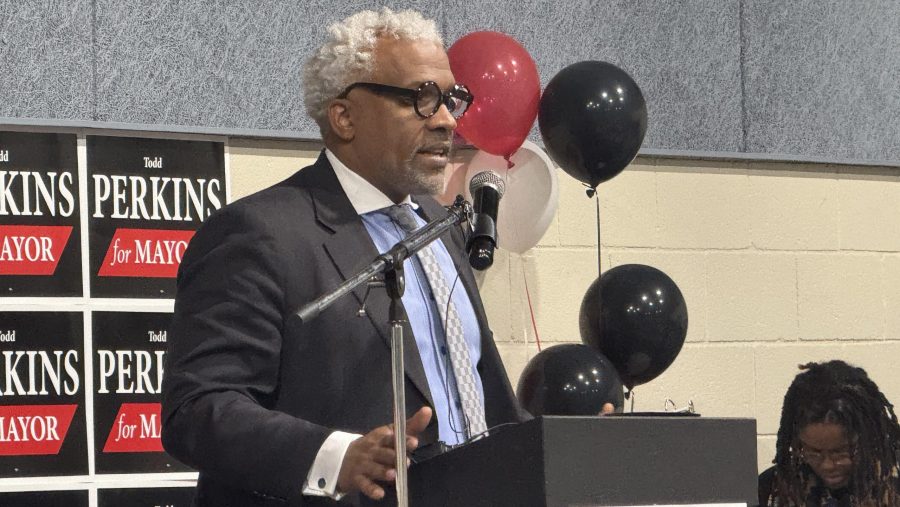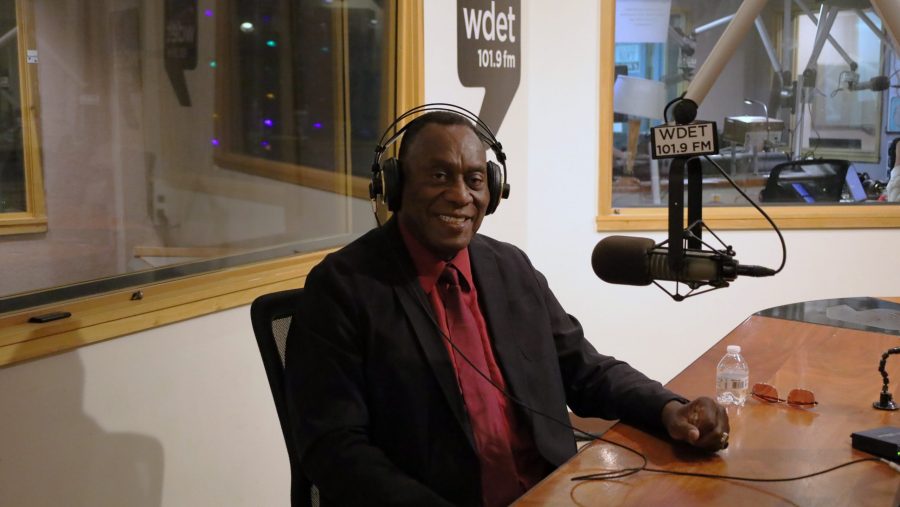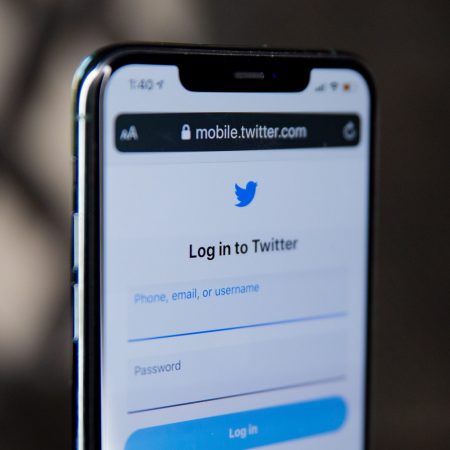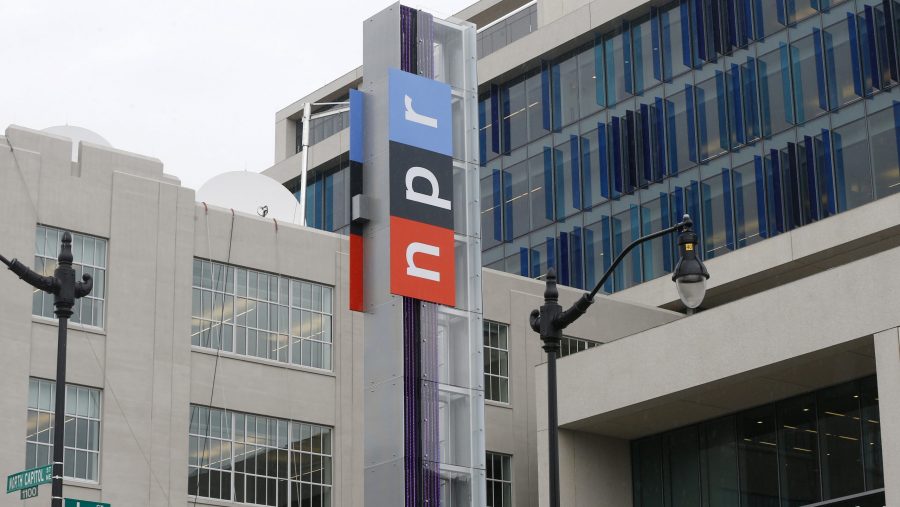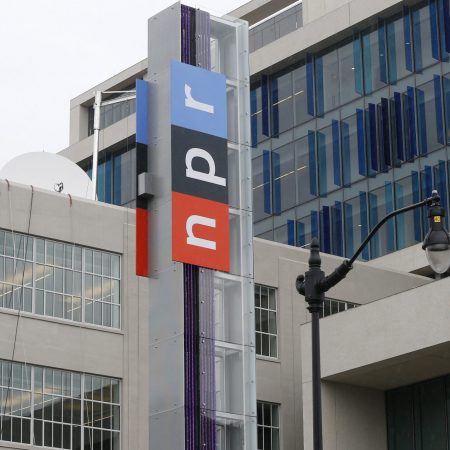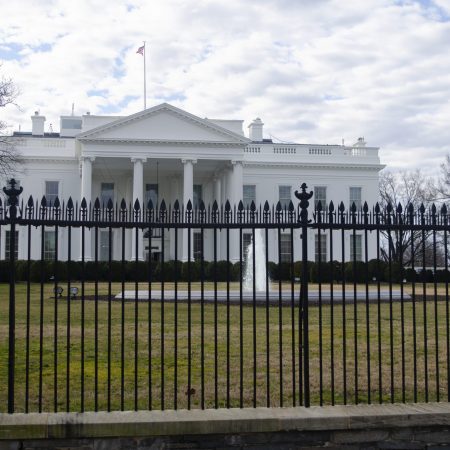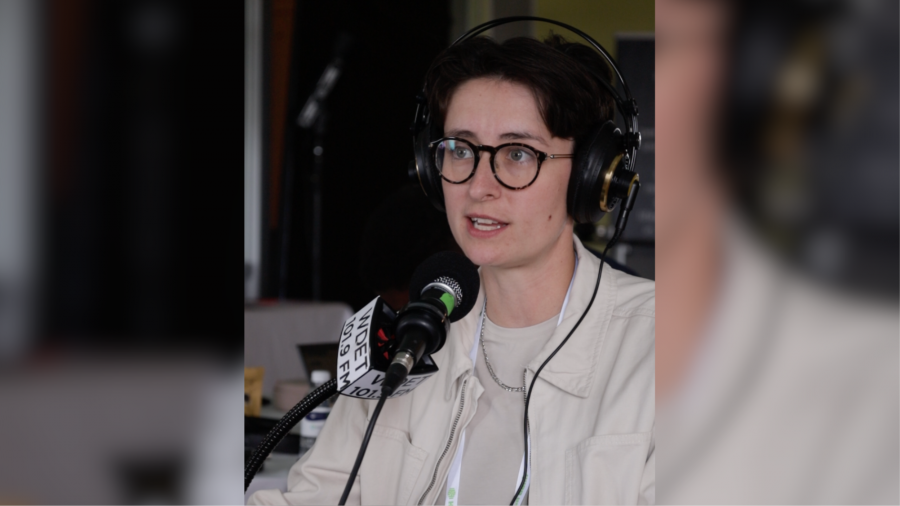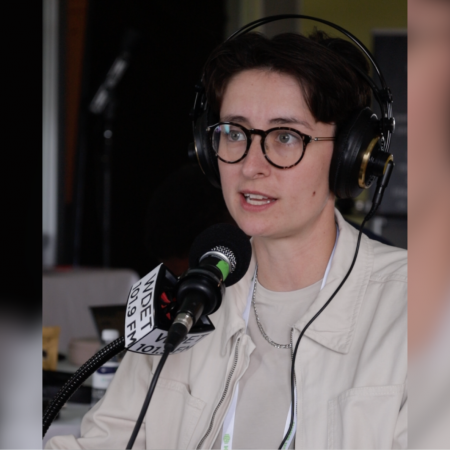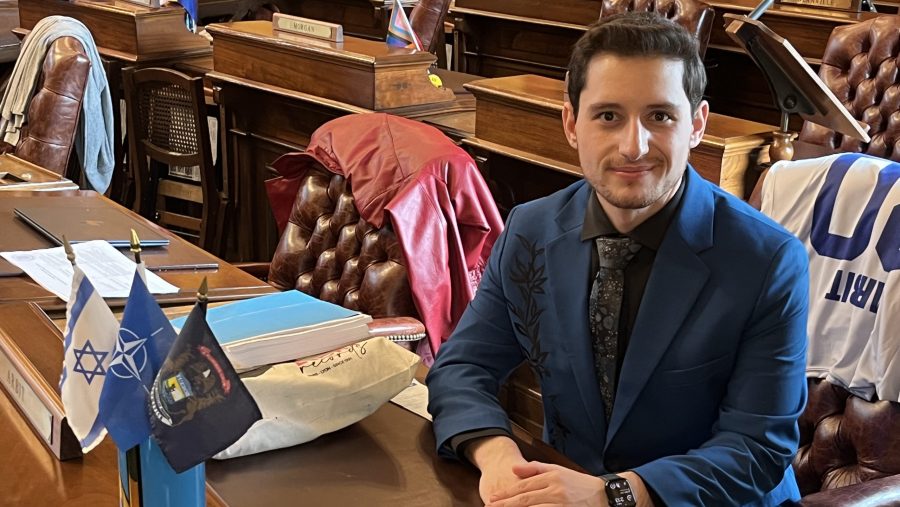President Trump took yet another step Tuesday to place NPR and PBS at the center of his broader clash with major cultural institutions, formally asking Congress to take back the $1.1 billion it has set aside for all public broadcasters for the next two years.
A simple majority of lawmakers in each chamber must approve what’s technically known as a “rescission request” within 45 days for it to become law. With their slim leads in both the House and Senate, Republicans can afford just a few defections.
A House subcommittee hearing earlier this spring set the stage for Trump’s request. His Republican allies accused NPR and PBS of partisan bias. Lawmakers used the hearing as a springboard to argue for elimination of the federal funding that is funneled through the Corporation for Public Broadcasting to local stations and the public media networks.
PBS President and CEO Paula Kerger testified at that hearing. On Tuesday, she warned that Trump’s proposal would devastate public broadcasting stations, particularly in rural communities.
“Without PBS member stations, Americans will lose unique local programming and emergency services in times of crisis,” she said in a statement. “There’s nothing more American than PBS and we are proud to highlight real issues, individuals, and places that would otherwise be overlooked by commercial media.”
Katherine Maher, the CEO and president of NPR, echoed those sentiments and said that local public radio stations could face “immediate budget shortfalls,” leading to layoffs and show cancellations. She also questioned the legality of the request.
“The proposal, which is explicitly viewpoint-based and aimed at controlling and punishing content, violates the Public Broadcasting Act, the First Amendment, and the Due Process Clause,” Maher said in a statement.
Taking a cue from DOGE on foreign aid
The cuts to public broadcasting are part of a larger package from the White House of $9.4 billion in proposed clawbacks, which include funding for foreign aid. House Speaker Mike Johnson noted that many of the cuts were identified by the task force on government efficiency led by billionaire Elon Musk.
“We thank Elon Musk and his DOGE team for identifying a wide range of wasteful, duplicative, and outdated programs, and House Republicans are eager to eliminate them,” Johnson said in a statement, vowing to act quickly on the request.
Yet that could prove difficult in the Senate. Senate Appropriations Committee Chair Susan Collins, R-Maine, noted the request included a cut to the HIV/AIDS program started by President George W. Bush that is known as PEPFAR. Collins said it was “one of the most successful public health programs in the world without a doubt.”
“I will not support a cut in PEPFAR, which is a program that has saved literally millions of lives and has been extremely effective and well run,” Collins told reporters. She sidestepped a question on cuts to public broadcasting and whether there were enough Senate Republicans to block the bill.
The rescission request follows grousing from conservative Republicans that the budget plan the House recently approved only after Trump visited Capitol Hill would significantly raise the federal debt in coming years.
Yet the $1.1 billion to be rescinded from public broadcasting would make little dent in the $36 trillion national debt, even as it represents the full funding levels for the Corporation for Public Broadcasting through the end of September 2027. Congress approved that funding in March as part of a stopgap spending bill the president signed.
A split largely along partisan lines
While public broadcasting has enjoyed bipartisan support over its decades of existence, many Republicans consider it to have a liberal outlook or bias.
“NPR and PBS have increasingly become radical, left-wing echo chambers for a narrow audience of mostly wealthy, white, urban liberals and progressives,” Rep. Marjorie Taylor Greene of Georgia, a vocal Trump ally, said at the subcommittee hearing earlier this spring.
Even so, Alaska Sen. Lisa Murkowski, a Republican, came out last month in favor of retaining federal funding, saying stations in her state provide vital services.
Some leading Democrats also have flagged their enduring support for the networks. Senate Minority Leader Chuck Schumer and Sen. Patty Murray, the leading Democrat on the Senate Appropriations Committee, accused Trump of “misplaced priorities.”
“President Trump is looking to go after PBS and NPR to settle political scores and muzzle the free press, while undermining foreign assistance programs that push back on China’s malign influence, save lives, and address other bipartisan priorities,” the two senators said in a statement.
Rep. Dan Goldman of New York, the Democratic co-chair of the House Public Broadcasting Caucus, sent a letter in May signed by 106 lawmakers – all Democrats – to House appropriators in which they advocated for maintaining financial subsidies.
“Without federal support for public broadcasting, many localities would struggle to receive timely, reliable local news and educational content, especially remote and rural communities that commercial newsrooms are increasingly less likely to invest in,” stated the letter. “In states such as Alaska, Minnesota, North Dakota, and Texas, rural public radio stations are often the only weekly or daily news source in their communities. Even in places with other daily or weekly news sources, those outlets may not be directing resources toward original or locally based stories, leaving it to public stations to fill the gap.”
A broader attack on public media
The rescission request represents an expansion of Trump’s rhetorical attacks on NPR and PBS. He has previously sought to take control of CPB’s board by ordering the firing of three of its five members. He also issued an executive order stating that no money from CPB can go to NPR or PBS – and that other public broadcasters that receive CPB money cannot send it to the two national networks.
Those moves are now being questioned in court. CPB is privately incorporated in the District of Columbia and was set up by Congress with statutory safeguards against political influence. It sued the Trump White House over the attempt to fire CPB directors. Then NPR and three Colorado member stations sued the administration over Trump’s edict that no federal taxpayer money go to NPR or PBS. At the end of May, PBS and Minnesota affiliate Lakeland PBS followed up with their own joint lawsuit challenging the executive order.
Asking Congress to claw back funds, however, is unquestionably legal. And it has prompted a flurry of lobbying. Officials from nearly 200 public radio stations flooded Capitol Hill in May to tell lawmakers about the value they say they bring to their communities and regions.
By law, Trump’s request kicks off the 45-day period for Congress to consider his request. The last time a president successfully made a rescission request was a generation ago.
Disclosure: This story was reported and written by NPR Media Correspondent David Folkenflik and NPR Congressional Correspondent Deirdre Walsh. It was edited by Deputy Business Editor Emily Kopp, Managing Editor Vickie Walton-James and Managing Editor Gerry Holmes. Under NPR’s protocol for reporting on itself, no corporate official or news executive reviewed this story before it was posted publicly.
